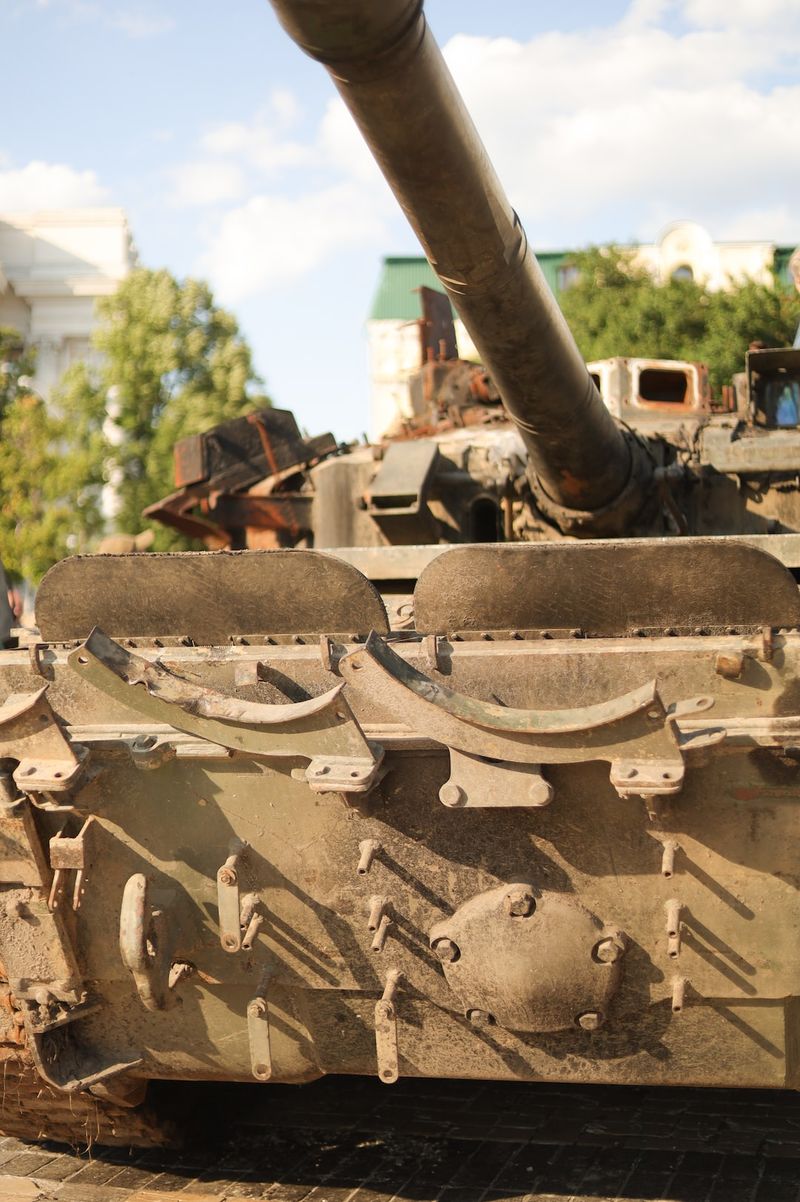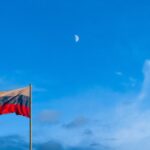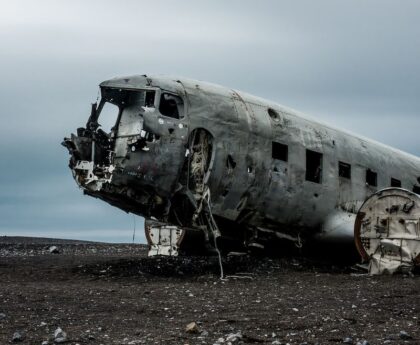Western leaders concede on condemning Russia for Ukraine War, as G20 summit agrees on joint declaration
The recently-concluded G20 summit held in New Delhi saw the world’s most powerful leaders come together to agree on a joint declaration, despite deep divisions on the ongoing Ukraine War. The host country, India, announced the consensus, which called for upholding territorial sovereignty, international humanitarian law, and peace and stability. Notably, the statement refrained from explicitly condemning Russia for its role in the conflict. This concession from Western countries marks a significant departure from their previous stance on the issue.
Significance of the joint declaration
Given China’s President Xi Jinping and Russia‘s Vladimir Putin’s absence from the meeting, doubts were raised about the ability of the leaders to reach a consensus on the joint statement. However, negotiators worked tirelessly to bridge their differences, eventually producing a declaration that addressed the adverse impact of the war on the global economy and called for a comprehensive, just, and durable peace in Ukraine.
This joint declaration is an important step towards fostering dialogue and diplomacy, as well as finding practical solutions to resolve conflicts. It acknowledges the significance of international law, territorial integrity, and sovereignty. While some may argue that the omission of direct condemnation towards Russia is a compromise, it is imperative to recognize that diplomatic efforts can only succeed if all parties involved feel a sense of ownership and are willing to engage in constructive dialogue.
India’s role and diplomatic challenges
India, as the rotating host of the G20, faced significant pressure to bring leaders with conflicting interests to a consensus. Prime Minister Narendra Modi delivered an impassioned plea for global unity, urging the world to transform the prevailing trust deficit into trust and confidence. India’s careful approach, seeking an end to violence in Ukraine while maintaining friendly ties with Russia, was expected to provide a unique position to bring Moscow to the negotiating table.
However, this delicate balancing act was fraught with challenges. The Modi government’s aspiration to project India as a global superpower, along with its efforts to showcase itself as a voice for developing nations, added to the pressure on India to ensure a successful summit. The infrastructure transformation in Delhi and the announcement of the African Union’s inclusion as a permanent member of the G20 were emblematic of India’s ambitious aspirations.
African Union’s inclusion and China’s absence
The decision to include the African Union, representing 55 countries, as a permanent member of the G20 symbolizes India’s aim to establish itself as a leader with developing nations rallying behind it. This move also signifies a shift in power dynamics, as China’s influence in Africa, primarily through its Belt and Road Initiative, has long been a dominant force.
China’s absence from the summit, along with the announcement made by Europe, India, the US, and parts of the Middle East regarding a new rail and shipping corridor, highlights the growing frustration among other nations towards China’s global ambitions. However, it is important to note that during the summit, the Chinese government expressed its willingness to work towards a positive outcome, emphasizing the importance of participating constructively in international forums.
Conclusion
The joint declaration agreed upon at the G20 summit in New Delhi is a significant achievement, showcasing the ability of global leaders to find common ground on complex issues. While there might be differing opinions on the statement’s omission of direct condemnation towards Russia, it is crucial to recognize the value of diplomacy, dialogue, and multilateral efforts in resolving conflicts.
The G20’s role as a platform for global leaders to address geopolitical and security issues cannot be understated, as these matters have far-reaching consequences for the global economy. Moving forward, it is essential for world leaders to prioritize cooperation and open dialogue, seeking comprehensive solutions that promote peace, stability, and prosperity.

<< photo by Viktoriia Filipchenko >>
The image is for illustrative purposes only and does not depict the actual situation.
You might want to read !
- G20 Summit Statement Ignores Condemnation of Russia’s Role in Ukraine War
- Battle of the Tigers: Sri Lanka vs Bangladesh Clash in Asia Cup 2023 Super Four Showdown
- “Controversial Refereeing Decision Sends Teddy to the Bin in Dramatic Finals Showdown: Hynes Steps Up Amidst Injury Crisis”
- “Peter Dutton’s Nonchalant Stance on Troubling Allegations: A Politician Unfazed by Concerns”
- “Teal MP Slams Canberra’s ‘Aggressive’ Culture: A Call for Safety and Change”
- Farewell and Transition: Liberal Senator Marise Payne Announces Retirement
- “Jeremy Hunt and San Marino: Examining the Controversial Low-Tax Treaty”
- The Stranglehold: China’s Incremental Military Press on Taiwan
- Battle at the Borders: Philippines Takes on Switzerland
- Exploring Bilbao Port’s Maritime Expertise: Lessons Learned by Port of Nagoya Delegation
- Gavin Preston: Melbourne’s Underworld Figure Slain in Shocking Café Attack
- “Dymocks Breach: Safeguarding Customer Data in the Digital Age”
- “Resignation Looms: Spanish Football Chief to Depart Amid World Cup Kiss Controversy”
- Tasmania’s Reckoning: Hobart Takes Down Controversial Colonial-era William Crowther Statue
- “Out of Bounds: Tedesco’s Shocking Brain Fart Leaves Fans Dumbfounded”
- “Panthers’ Star Overtakes Rugby Legends as Warriors Suffer Defeat: A Game-Changing Performance at Cleary Clinic!”




